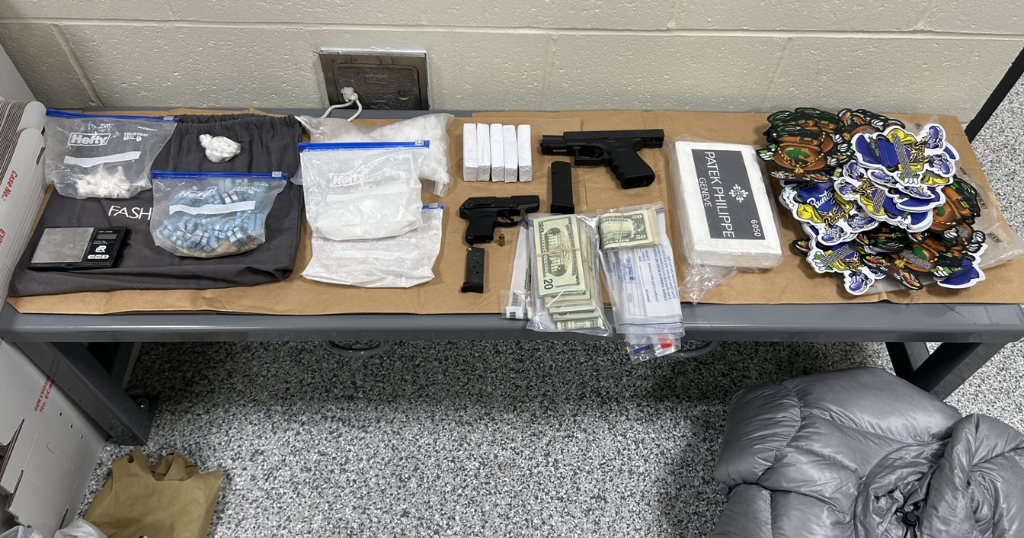Fentanyl-laced pill seizures have increased nearly 50-fold since 2018, study finds
The number of fentanyl-laced pills seized by law enforcement has increased nearly 50-fold between 2018 and 2021, according to a study published Thursday in the journal Drug and Alcohol Dependence. The rise in seizures comes amid a period of record-high overdose deaths, researchers said.
"An increase in illicit pills containing fentanyl points to a new and increasingly dangerous period in the United States," director of the National Institute on Drug Abuse Dr. Nora D. Volkow said in a statement Thursday.
A team of scientists compared data from the High Intensity Drug Trafficking Areas program for the first quarter of 2018 and the last quarter of December 2021. Researchers found that the number of seizures of pills containing fentanyl increased from 68 to 635. The total number of individual pills containing fentanyl seized by law enforcement rose from 42,202 to 2,089,186 and seizures of powder containing fentanyl grew from 424 to 1,539.
Pills represented more than a quarter of illicit fentanyl seizures by the end of 2021, the scientists said, more than double the proportion in 2018.
Fentanyl, a synthetic opioid that's around 50 times more potent than heroin, is a major driver of the recent rise in drug overdoses, the study said.
Researchers said recent data from the Centers for Disease Control and Prevention found that the U.S. hit a record high number in overdose deaths over the 12-month period ending in October 2021. The CDC estimated that nearly 106,000 people died from drug overdoses during that time, according to the study.
The researchers said many of those who may seek out the drug are not aware that other drugs they're using, like heroin and cocaine, could be contaminated with fentanyl. The authors of the study said using fentanyl-laced drugs greatly increases the chance of an overdose, given that a lethal dose "may be as small as two milligrams."
Volkow said fentanyl-laced pills are often consumed by "people who are more naïve to drug use, and who have lower tolerances."
Researchers called for more harm reduction strategies like fentanyl test strips, drug risk education and distribution of naloxone, a drug that helps reverse overdoses.
"For the first time we can see this rapid rise in pills adulterated with fentanyl, which raises red flags for increasing risk of harm in a population that is possibly less experienced with opioids," Dr. Joseph J. Palamar, who led the team of scientists, said in the statement. "The immediate message here is that pills illegally obtained can contain fentanyl."




